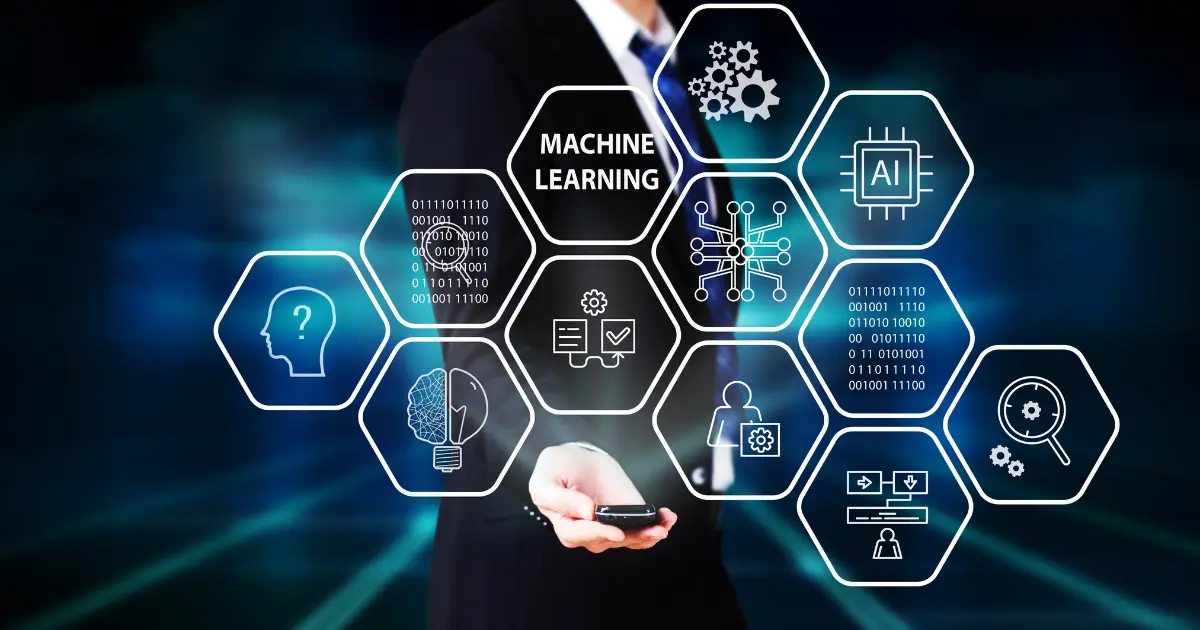AI and Machine Learning Are Changing CRO in 2025
Are You Really Optimizing or Just A/B Testing?
Conversion Rate Optimization (CRO) isn’t just another buzzword or limited to A/B testing anymore. In 2025, thanks to rapid advancements in Artificial Intelligence (AI) and Machine Learning (ML), CRO has evolved into a strategic, data-driven powerhouse that redefines digital marketing.
Whether you’re a business owner, marketer, or analyst, leveraging AI and ML for CRO presents one of the most impactful opportunities to stay competitive in the digital space.
What Is AI-Driven CRO, and How Can It Revolutionize Your Strategy?
Conversion Rate Optimization is about turning website traffic into meaningful actions—form fills, button clicks, or purchases. Traditional CRO involved slow testing and manual analysis. AI and ML remove the guesswork and deliver actionable insights instantly.
AI Features Transforming CRO
Predictive Analytics
AI leverages historical data to forecast how certain design or content variations will impact conversion. Modeling tools simulate results based on user behavior patterns—saving time and budget.
Personalization at Scale
ML algorithms study individual interactions and deliver dynamic, hyper-personalized content at scale. Think product recommendations or layout changes tailored to each user’s browsing history.
Automated Testing
AI enables faster, more complex A/B and multivariate testing. It automates test setup, data analysis, and recommends real-time optimizations.
The Cornerstones of AI-Powered CRO
Modeling User Behavior
Tools like Optimizely and VWO use predictive modeling to analyze thousands of sessions and identify friction points. AI flags likely drop-off moments and proactively offers solutions—like discount popups for at-risk users.
Example: 50% of users bounce after five seconds on a product page? ML can trigger an exclusive offer for that group in real time.
Hyper-Personalization
Move beyond basic segmentation. AI allows true 1:1 marketing.
Example: Amazon uses AI to recommend products based on purchase history, browsing, and demographics. Mid-sized businesses now have access to similar capabilities.
Real-Time Reactive Optimization
ML tools can test and adapt campaigns continuously as new data comes in, giving marketers a live feedback loop.
Example Tool: Adobe Sensei provides real-time recommendations to adjust journeys mid-campaign.
Enhancing UX: Voice & Visual Search
The way users search is evolving. AI now powers voice interfaces (Siri, Alexa) and visual search engines (Google Lens).
Impact Example: A fashion brand using computer vision can allow users to upload a jacket image, instantly serving shoppable matches—increasing conversions with visual CRO.
Boosting Trust & Reducing Fraud
Trust impacts conversion. AI-powered fraud detection tools scan transaction behavior and flag anomalies instantly. This security fosters user confidence, improving completion rates for sensitive tasks like payment or lead forms.
Action Plan: Implementing AI & ML for CRO
Start Small
Use beginner-friendly tools like Google Optimize or Mailchimp for entry-level AI personalization.
Build a Strong Data Foundation
AI is only as good as your data. Centralize, tag, and clean your datasets to enhance performance.
Test, Iterate, Improve
Create workflows built on constant testing and refinement. AI performs best with continuous data input.
Balance Privacy with Performance
Collect necessary data, but maintain transparency. Respect privacy to build lasting trust.
Don’t Replace Humans
Use AI to enhance, not replace, human insight. Blend human experience with AI reports for better strategy.
AI’s Impact on Marketing Teams
AI is reshaping roles. Marketers now spend less time crunching numbers and more time on strategy and storytelling. Many forward-thinkers are enrolling in AI courses to stay ahead.
Final Thoughts
AI and ML have transformed CRO from a slow, manual discipline into a predictive, agile, personalized process. Businesses that embrace these technologies will unlock full digital potential.





